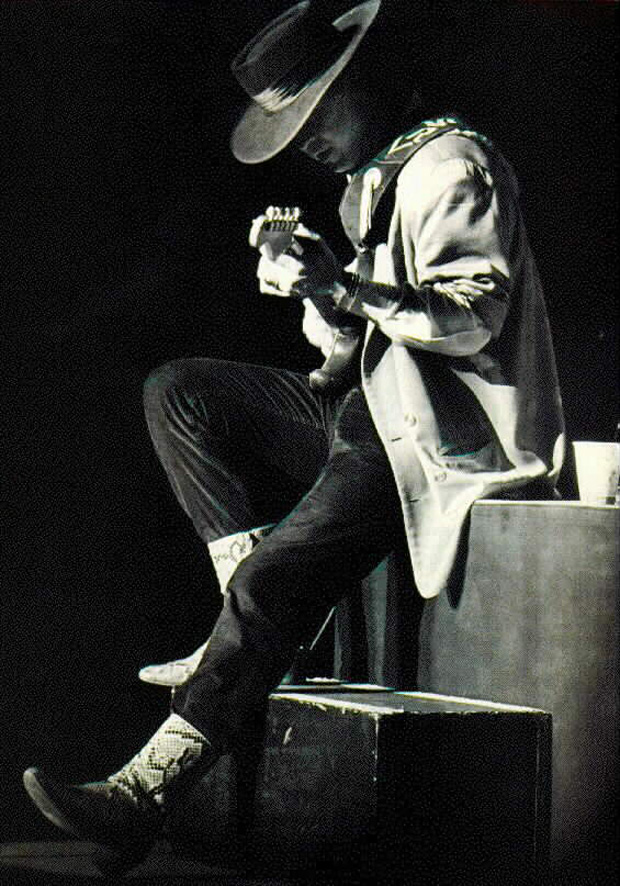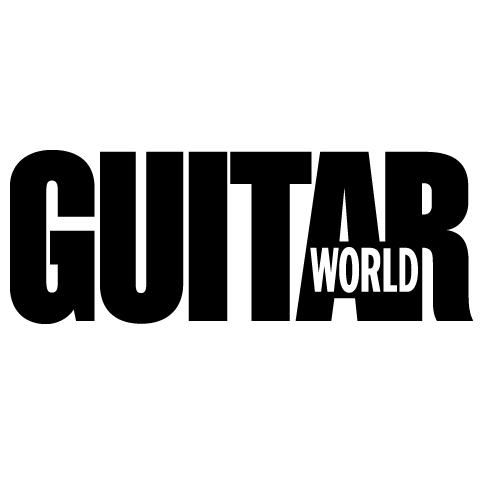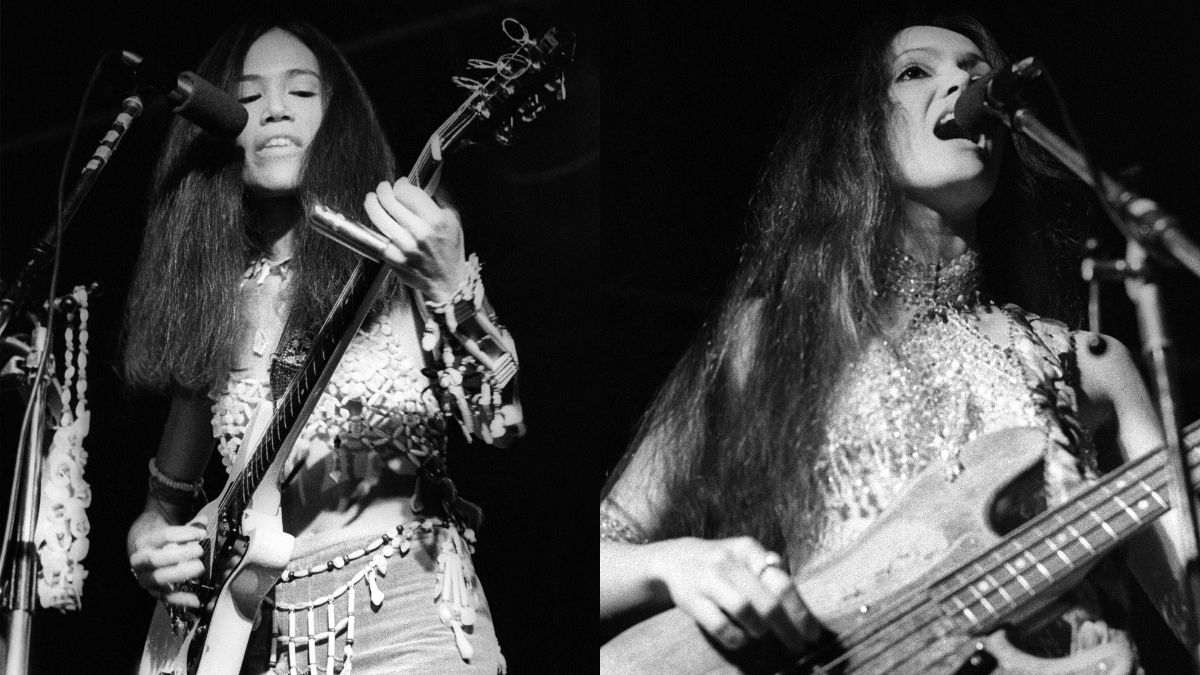Stevie Ray Vaughan's Sound: The Amps
All the latest guitar news, interviews, lessons, reviews, deals and more, direct to your inbox!
You are now subscribed
Your newsletter sign-up was successful

Throughout his career Stevie Ray Vaughan used a myriad of different amps, often in different configurations with each other. His primary amps were Marshalls and Fenders, though he also used Mesa Boogies and Dumbles.
Vaughan's on-stage amplification differed from his studio set-up. Early in his career, Vaughan used a Marshall 4140 Club & Country with JBL speakers for his clean tone, and two 1964 Fender Vibroverbs for distortion when performing. He eventually traded the Club & Country in and began using Fender Super Reverbs, 200-watt Marshall Plexis and Majors, and a Howard Dumble Steel String Singer.
In the studio, Vaughan's amp use became even more intricate. Still relying on Super Reverbs, Vibroverbs and Dumbles, Vaughan incorporated Marshall and Fender Bassman bass amps, with 4x15 "refrigerator" cabinets. During the 1989 recording for In Step, Stevie Ray Vaughan and Double Trouble's final studio album, Vaughan became infatuated with a variety of amps, filling the band's rehearsal and studio spaces with 32 models.
Much like his guitars, Stevie Ray's amplifiers were often modified. Noted "amp doctor" Cesar Diaz met Vaughan in 1979 and worked as his amp technician for most of the guitarist's career. Diaz often swapped out transformers, filter caps and tubes, and occasionally reset the amp dials. Vaughan had a superstitious attraction to the number six and would set his amps to this level. Diaz would unscrew the amps and scale the knobs back so they would read six while actually at ten.
Vaughan typically played his amps in conjunction using splitter boxes. His unusual combinations matched with Diaz's modifications make emulating SRV's tone a challenge for the average guitar player, but a Super Reverb and Vibroverb split will get you closest.
All the latest guitar news, interviews, lessons, reviews, deals and more, direct to your inbox!
Since 1980, Guitar World has been the ultimate resource for guitarists. Whether you want to learn the techniques employed by your guitar heroes, read about their latest projects or simply need to know which guitar is the right one to buy, Guitar World is the place to look.

